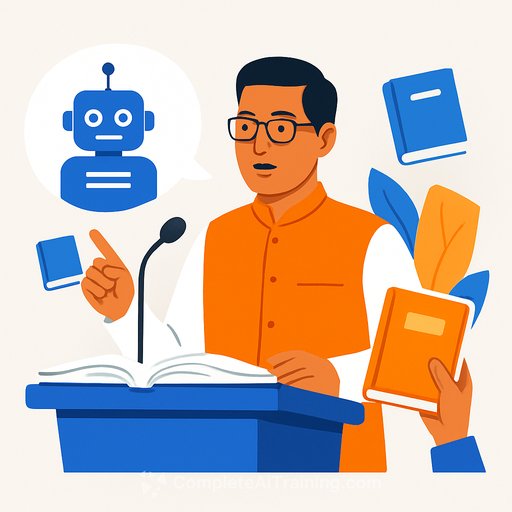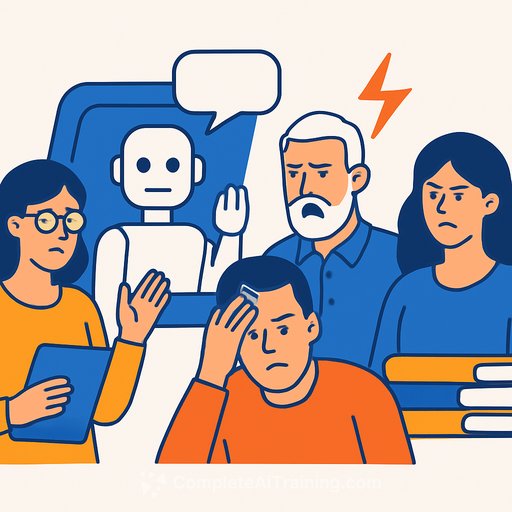"AI can't ever replace books": CM Pushkar Singh Dhami backs deep reading at launch of Uttarakhand's new political history
At the launch of Jai Singh Rawat's 'Uttarakhand Rajya Ka Naveen Rajnitik Itihas' in Dehradun, Chief Minister Pushkar Singh Dhami kept the message clear: revive reading. He urged people to bring "a book, not a bouquet" to public functions and reminded the audience that while AI is moving fast, books hold the depth that screens can't touch.
For writers, that's the point worth underlining. Speed is easy. Depth is rare. Books are where depth lives.
About the book
Rawat's work documents 25 years of Uttarakhand's political and administrative journey since statehood. It tracks events with records, press clippings, and analysis across five parts.
The Chief Minister noted the state's early political instability and how it affected development. He praised the author's careful approach and said the book will be valuable for researchers, students, and aspirants preparing for administrative services.
Why this matters for writers
Fast information doesn't build lasting ideas. Books do. If your work aims to stand the test of time, lean into sources, structure, and synthesis-the things a book forces you to do well.
- Adopt the "book, not bouquet" principle at your own events and in your community. Normalize gifting ideas.
- Keep a living archive: documents, clippings, transcripts, and timelines. Build from primary sources, not memory.
- Write for future readers. Organize your work in parts, add context, and make it usable for students and researchers.
- Use AI for drafts and search, but let your judgment set the narrative. Tools can help; they can't replace the thinking a book requires.
- If you write public affairs or local history, include policy shifts, original documents, and contrasting viewpoints. Readers trust receipts.
Language and culture: the call to build locally
Dhami emphasized protecting Garhwali, Kumaoni, and Jaunsari, urging students and creators to write, compose, and publish in their mother tongues. The state will support competitions, recognition, and new initiatives to promote language conservation.
He also announced a push to digitize local dialects and literature so this work remains accessible to the next generation. If you publish in regional languages, consider parallel editions, glossaries, and audio versions to widen access.
Related context: efforts like India's Bhashini language platform and UNESCO's focus on indigenous languages (International Decade of Indigenous Languages) align with this direction.
Looking to balance AI with strong writing habits? Explore practical training while keeping craft at the center: AI + books and latest AI courses.
Attendees included former Chief Ministers Bhagat Singh Koshyari and Harish Rawat, MLA Brij Bhushan Gairola, Yugwani editor Sanjay Kothiyal, and several writers, journalists, and public representatives.
Core takeaway for writers: AI can assist, but books remain the medium for deep thinking, careful sourcing, and durable ideas. Keep writing what lasts.
Your membership also unlocks:






